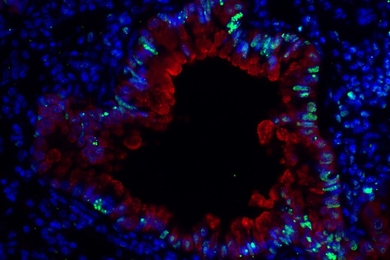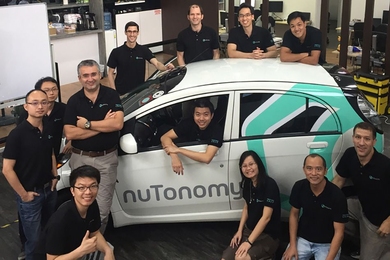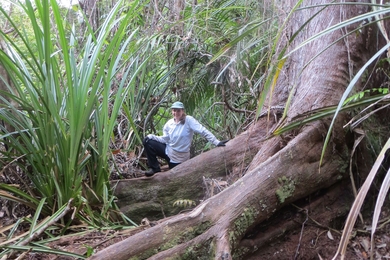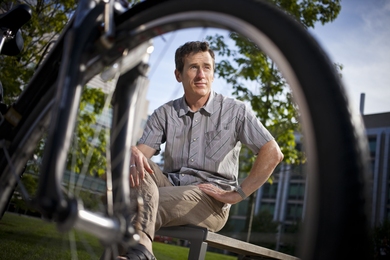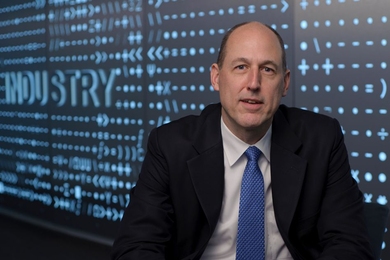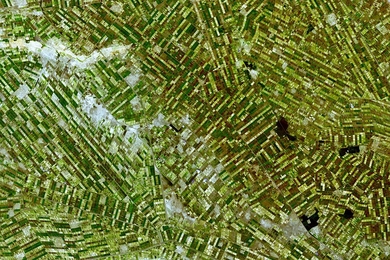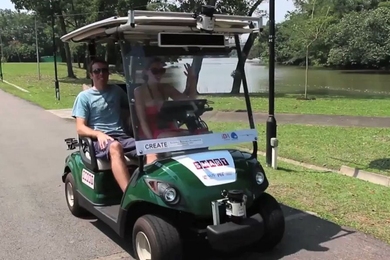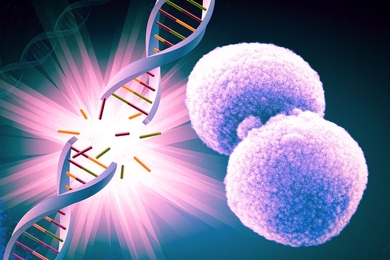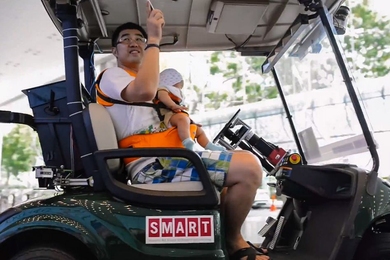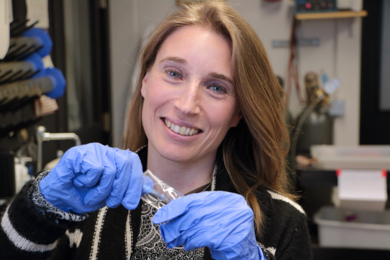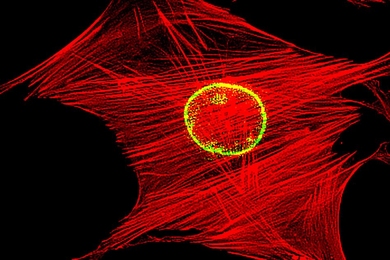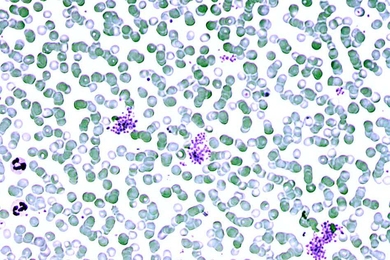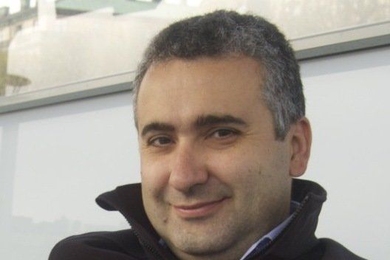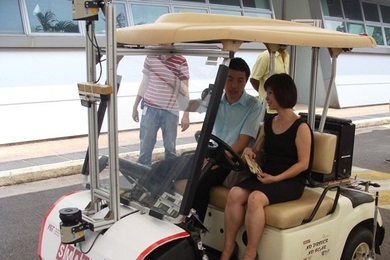Singapore-MIT Alliance for Research and Technology (SMART)
Startup bringing driverless taxi service to Singapore
Fleet of autonomous vehicles will serve as convenient form of public transit while reducing emissions.
Stories from the swamp
Graduate student Alison Hoyt gets knee deep in the exploration of carbon cycling in the peat swamp forests of Borneo.
SMART electronics research
Eugene Fitzgerald pursues new models for innovation in electronics as part of the Singapore-MIT Alliance for Research and Technology.
Fertilize the ocean, cool the planet?
MIT researchers find unintended consequences of an idea to stimulate ocean phytoplankton growth in order to geoengineer a cooler atmosphere.
Quantifying the impacts of large-scale irrigation on rainfall
A new study describes how irrigation development modifies local and regional climate.
Self-driving golf carts
Autonomous vehicles share sidewalk space with pedestrians in six-day trial in Singaporean public garden.
Pneumonia found to harm DNA in lung cells
Hydrogen peroxide produced by some bacteria causes DNA double-strand breaks, cell suicide.
MIT research showcased at Singapore’s first tech carnival
Robotic stingrays, driverless golf carts, and a cancer-detection device were on display.
Faculty highlight: Krystyn Van Vliet
MIT associate professor brings a materials scientist's understanding to biochemical behavior in stem cells and organ tissue.
Finding a needle in a haystack
New technique allows scientists to identify populations of rare stem cells in bone marrow.
A new way to diagnose malaria
Using magnetic fields, technique can detect parasite’s waste products in infected blood cells.
Forbes magazine highlights SMART research on robotaxis
Professor Emilio Frazzoli co-authors paper on automated mobility-on-demand systems in Singapore
SMART Driverless golf cart provides a glimpse into a future of autonomous vehicles
Fleet of self-driving cars could solve the “first-and last-mile" problem.
